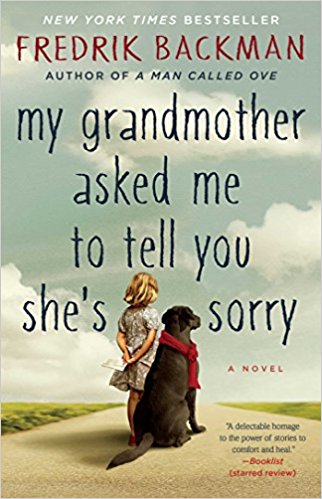Three Stars
Best for: People who have wondered about those who life on the edges of our society.
In a nutshell: Journalism graduate student decides to investigate the lives of those who live in the tunnels underneath Manhattan.
Line that sticks with me: “ ‘This Coalition for the Homeless is just bullshit,’ he says. ‘Red tape ad litigation. They are procrastinators. They thrive on the homeless. Without us, they wouldn’t have jobs, and they know it.’ “
Why I chose it: A colleague who knows I read an unusually large number of books gave this to me.
Review: Hmmm. This book has be thinking many things. I started out thinking the author had some good intentions in writing it, but by the epilogue I was curious as to what her real motivation was.
I lived in NYC for a few years, and had heard stories about homeless people living in the subway tunnels, so when my colleague offered this book to me I decided to take it. The stories in it are intriguing for sure, although the validity of her research has been questioned by some. Not the stories, but the actual tunnels. When looking to see what Ms. Toth is up to these days, I came across this blog post, which seems to call into question nearly all of her descriptions of the tunnels. This doesn’t mean the stories themselves are also made up, but it does give me some pause.
This book could have benefited greatly from an editor. Not a line editor per say (although some language choices cut the flow for me), but an overall editor. There are over 20 chapters in this book, and some read as independent essays, while others feel like a continuation of the previous chapter. It lacks a cohesive organizing force, and I found that made it more challenging for me to get into, which surprised me, as the stories themselves are quite compelling.
I live in Seattle, and we have so many people living as homeless, to the point that our previous mayor declared it an emergency, which led to an activation of the emergency operations center for months this year. When I was reading about the police coming into tunnels and destroying the homes of these folks ‘for their safety’ so they wouldn’t come back and would feel compelled to seek shelter, I was reminded of the sweeps of encampments taking place daily in our city.
I don’t know how to best create a society where we care for our neighbors, whether they live in a house, apartment, SRO, RV, or in a tent in a park. And moreover, I don’t know how to create a society where, if people do not want to live in an RV or tent, they have options that don’t involve having to give up a beloved pet or stay in a shelter away from their partner. The quote I chose above comes from someone Ms. Toth interviewed for her book; it doesn’t not necessarily reflect my views on homeless advocacy. I’ve worked in government for nearly a decade, and I know that services provided both by the government and by non-profits can come with a ton of strings, and that there are people who realize that, if successful, they’ve worked themselves out of a job. But I don’t believe that they work less hard because of that. I just think our society hasn’t accepted that there may be some solutions out there that we aren’t willing to pay.
As for the specifics of this book, I can’t say whether Ms. Toth met as many different communities as she claims to have, or if all of the stories she shares are true. But on the last page of the epilogue, she said something that bothered me:
“Some people with self-destructive ways made me angry — not for the material things I gave them, but for things they took from within myself. They took from me unrelenting optimism. At times, they took my happiness. They brought an emptiness to my adventure, turning a great story into a human one that I might never put to rest.”
I’m just not sure how to read this sentence without being smacked in the face by her lack of self-awareness. Like, people who live underground “took” your unrelenting optimism? I’m sorry, but are you complaining that people living homeless gave you the sads and maybe put a cloud over your “adventure?” What the hell?
She also seemed to give very little space to women living homeless. She mentions 40% of those in the tunnels may be women, but she devotes only one of the two dozen chapters specifically to women, and in that one nearly all are defined in their relationship to the man in their life.
If you’re interested in the issues covered in this book, I’d suggest checking it out of the library. I don’t think it’s what I’d call ‘a keeper.’




